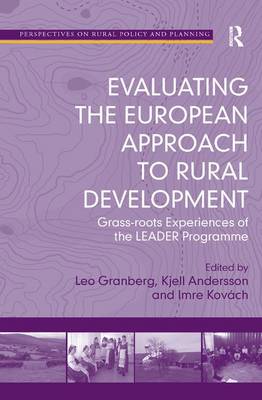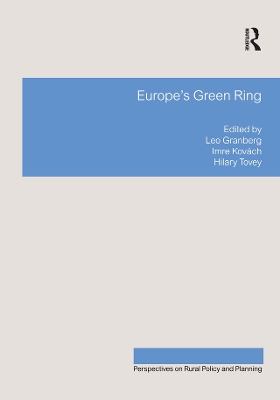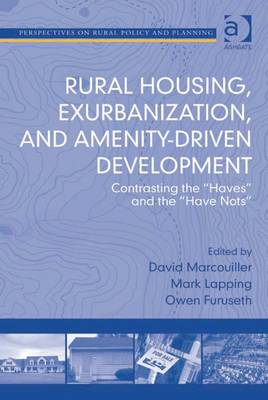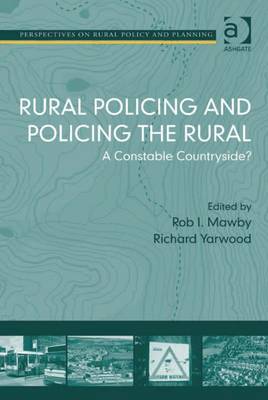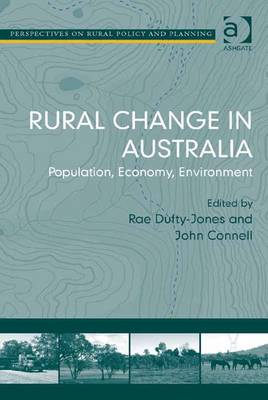Perspectives on Rural Policy and Planning
5 total works
Evaluating the European Approach to Rural Development
by Leo Granberg and Professor Kjell Andersson
Rural Housing, Exurbanization, and Amenity-Driven Development
Rural America is progressing through a dramatic and sustained post-industrial economic transition. For many, traditional means of household sustenance gained through agriculture, mining and rustic tourism are giving way to large scale corporate agriculture, footloose and globally competitive manufacturing firms, and mass tourism on an unprecedented scale. These changes have brought about an increased presence of affluent amenity migrants and returnees, as well as growing reliance on low-wage, seasonal jobs to sustain rural household incomes. This book argues that the character of rural housing reflects this transition and examines this using contemporary concepts of exurbanization, rural amenity-based development, and comparative distributional descriptions of the "haves" and the "have nots".
Despite rapid in-migration and dramatic changes in land use, there remains a strong tendency for communities in rural America to maintain the idyllic small-town myth of large-lot, single-family home-ownership. This neglects to take into account the growing need for affordable housing (both owner-occupied and rental properties) for local residents and seasonal workers. This book suggests that greater emphasis be placed in rural housing policies that account for this rapid social and economic change and the need for affordable rural housing alternatives.
Rural Policing and Policing the Rural
Policing reveals much about rural society. It refers to the way that the police, the public and other agencies regulate themselves and each other according to the dominant ideals of society. This can be formally, through the ever-growing spectrum of policing partnerships in neo-liberal countries, or informally, through the performance and enforcement of moral codes and values. This book draws on international inter-disciplinary perspectives to examine the range and consequences of policing across different rural localities.
Rural Policing and Policing the Rural is organised into two sections: the first examines who is policing rural areas, while the second examines the nature of rural policing by considering, on the one hand, the policing of rural space and, on the other, how ideas of rurality are regulated. In doing so this book provides a survey of rural policing that will be valuable to academics, students, policy makers and those policing rural places.
Rural Change in Australia
New twenty-first century economic, social and environmental changes have challenged and reshaped rural Australia. They range from ageing populations, youth out-migration, immigration policies (that seek to place skilled migrants in rural Australia), tree changers, agricultural restructuring and new relationships with indigenous populations. Challenges also exist around the 'patchwork economy' and the wealth that the mining boom offers some areas, while threatening regional economic decline in others. Rural Australia is increasingly not simply a place of production of agriculture and minerals but an idea that individuals seek and are encouraged to consume. The socio-economic implications of drought, water rights and changing farming practices, have prefaced new social, cultural and economic reforms.
This book provides a contemporary perspective on rapidly evolving population, economic and environmental changes in 'rural and regional Australia', itself a significant concept. Bringing together a range of empirical studies, the book builds on established rural studies themes such as population change, economic restructuring and globalisation in agriculture but links such changes to environmental change, culture, class, gender, and ethnic diversity. Presenting original and in-depth interventions on these issues and their intersections, this book assembles the best of contemporary research on rural Australia.
